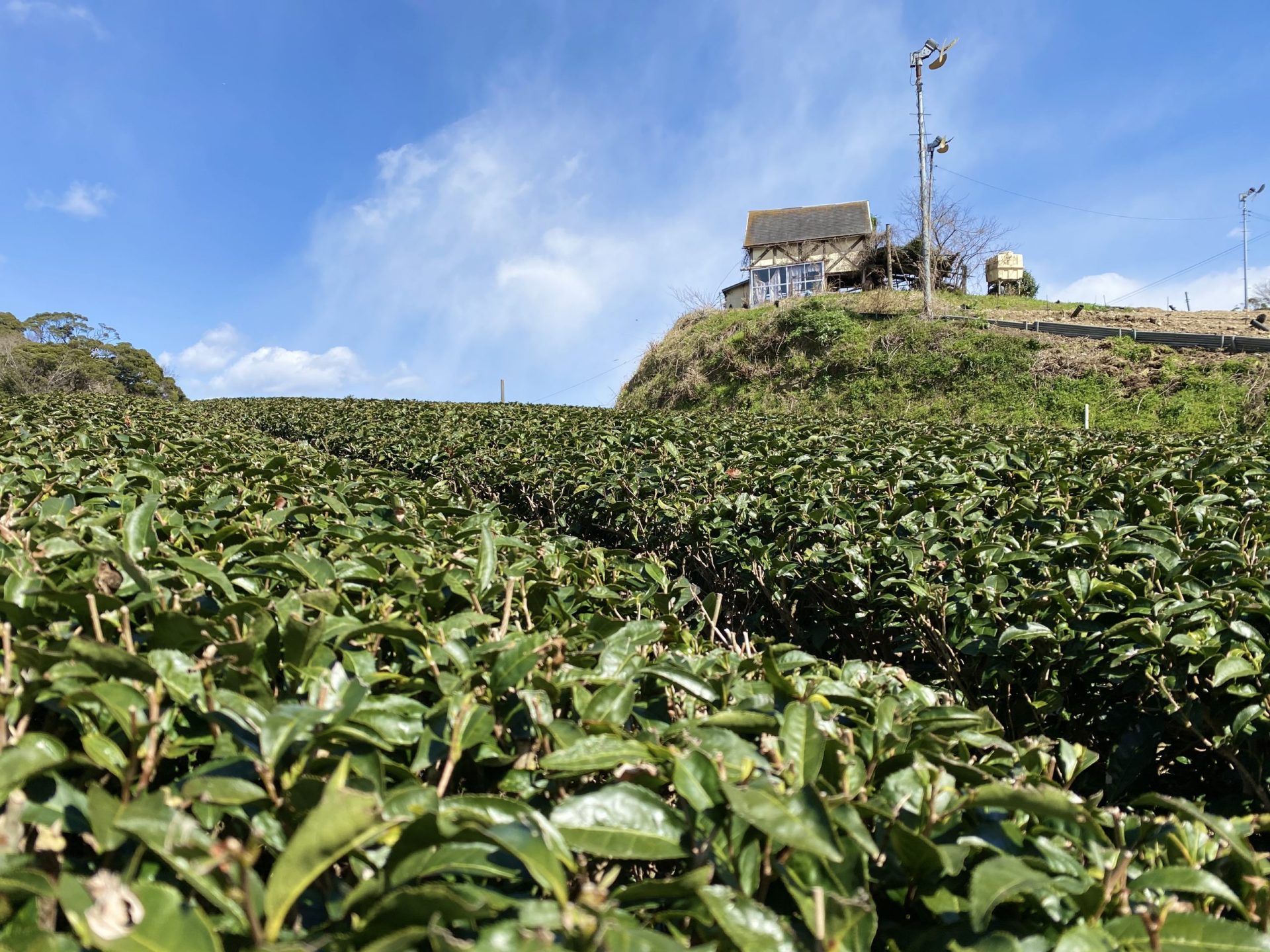Organic does not necessarily mean pesticide-free.
The definition of organic produce includes the phrase “avoiding the use of chemically synthesized fertilizers and pesticides,” which can easily lead people to believe that “organic = pesticide-free,” but the use of pesticides is OK when it comes to cultivation methods that are certified organic. The idea is that even if the pesticide has the same effect, those made from natural ingredients are OK, but those made from chemically synthesized ones are not. Pesticides that can be labeled “organic” are designated, such as fungicides that use microorganisms as their active ingredients. Also, in “organic cultivation,” not all pesticide ingredients are “organic,” and if they are made from natural ingredients, they can contain “inorganic substances.”
Crops grown with minimal use of pesticides are now called “specially grown agricultural products.” According to the Ministry of Agriculture, Forestry and Fisheries’ “Guidelines for labeling specially grown agricultural products,” the definition of “specially grown agricultural products” is as follows:
Compared to the conventional levels in the region where the agricultural products are produced, the number of times that target pesticides are used is reduced by 50% or less, and the amount of nitrogen in chemical fertilizers is reduced by 50% or less.
Rather than simply having the perception that “pesticides are bad,” it is necessary to understand that the use of certain pesticides ensures a stable supply of agricultural crops.
“Organic farming” also means “reducing the burden on the environment as much as possible.” It involves producing agricultural products that have as little impact as possible on the food chain and ecosystem of plants and animals in the natural environment.
Matsushita Farm in Kakegawa City, Shizuoka Prefecture, the producer of “Hiyori” used by Sayamaen, does not use any chemical pesticides or fertilizers. Instead, they use fish meal fertilizer (compost) rich in amino acids to create soil full of natural power from microorganisms, and are committed to producing tea in a natural way.
For humans, it may be closer to the idea of eating a balanced diet of fresh vegetables and fruits, fish, meat, miso and beans grown in nutritious soil and environments with as little chemical pesticides and fertilizers as possible, exercising, and boosting your immune system to stay healthy, rather than trying to make up for nutritional and vitamin deficiencies with supplements and medicines.




